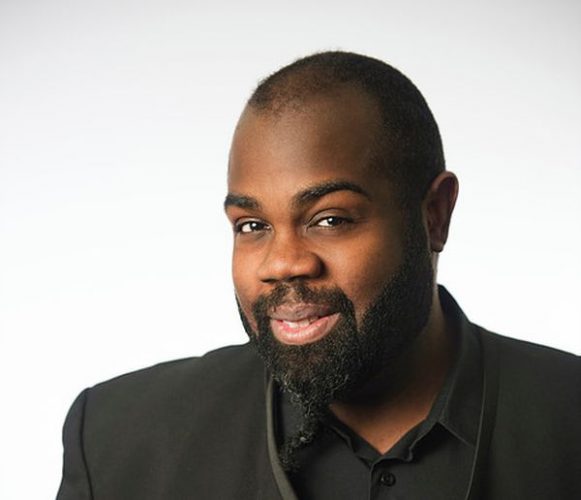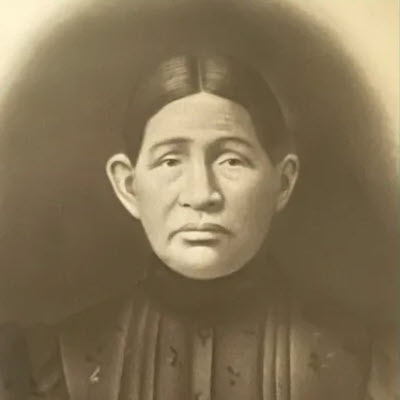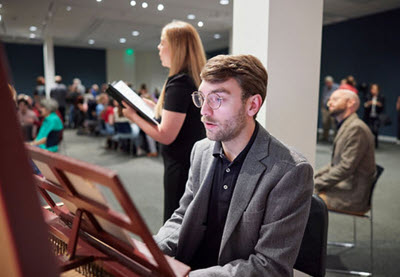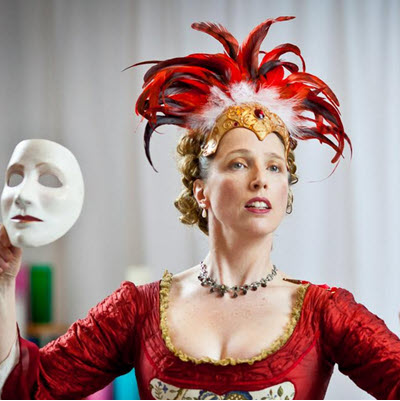by Reginald Mobley
Published September 1, 2019
From the September 2019 issue of EMAg.
Feelings and emotions are the glue of the human experience. And the unfailing conduit for linking us to who we always were, and will be, is music. It has existed along with humanity predating traumas like war, slavery, and injustice.
For few good reasons, war is one of the oldest things we know. We are drawn into conflict with each other to resolve or to gain, especially when we lose the ability to accept that words, compassion, empathy, and compromise can achieve similar goals minus the sword and gun’s skill for drawing blood and ending life.
In 2018, we saw the 400th anniversary of the start of the Thirty Years’ War, a bloody conflict framing the unrest between Protestant and Catholic regions in the Holy Roman Empire that led to the deaths of roughly eight million people and a nearly 40-percent decrease in the overall population in German states. The loss of life was inordinately high even in terms of our modern-day population. This conflict still stands as one of the longest and most destructive in European history, even in the shadow of the two Great Wars of the 20th century.
Equally pointless and abhorrent is the institution of slavery. As old as civilization is the fallacy that a person can own another person—the idea that one is no longer human, but is instead property. That there is no difference between a tool, a machine, or a beast of burden. That an institution fueled by false superiority, hatred, and greed can be justified through conquest or commerce.
This year, in 2019, we arrive at the 400th anniversary of the first Dutch ships carrying African slaves to Jamestown. The beginning of the American slave trade became a cornerstone of commerce and industry in many of the original colonies, and between the 17th and 19th centuries more than 10 million slaves were transported to the Americas. At the height of this evil, in the mid-1800s before the Civil War, well over four million African or African-American slaves lived in bondage in the United States. Though the institution of chattel slavery ended after the Civil War, various types of slavery and oppression continued to transform and evolve in the U.S., and subversive variations—such as mass incarceration—exist to this day to plague and harm Black Americans.
Why do I mention such periods of ugliness and pain? Despite developments in tactics and tools, war has not changed from the Thirty Years’ War and Second World War to now, and neither have feelings. Hate, love, pain, joy, grief, and comfort existed long before slavery, but they continued through times of oppression and remain the same to this day. And the bond that has linked us to all of those who’ve come before us has been music.
When you imagine that the powerful grief of Johann Christoph Bach’s lament “Ach, dass ich Wassers gnug hätte” is also present in the spiritual “O The Dying Lamb,” you begin to chart a common thread. Thomas Dorsey’s gospel song “Precious Lord, Take My Hand” speaks a quiet faith that trades present pain for a promise of things to come. The same can be heard in David Pohle’s setting of Psalm 73:25, “Herr, wenn ich nur dich habe.” Music has a powerful and shining ability to help those affected to sort, change, galvanize, and even distract from the poisonous feelings and emotions that emerge in the presence of the dark industries of oppression and war.
There is a lesson to be learned in hooking into this constancy of who we are. Every time these songs are played and sung, we have a chance to share in the joy and pain of those who came before us, and we see that we often feel as they must have felt. Through that connection, there is a chance to transfer this compassion and empathy to those who hear us—and to help shape a better future for those who will come after us.
 A Southerner surviving the urban wilds of New England, countertenor Reginald Mobley seeks to balance a hectic schedule—appearing with groups stretching from Pacific MusicWorks and the Handel and Haydn Society to the Monteverdi Choir and English Baroque Soloists—with his work as a political and social activist in Boston, MA.
A Southerner surviving the urban wilds of New England, countertenor Reginald Mobley seeks to balance a hectic schedule—appearing with groups stretching from Pacific MusicWorks and the Handel and Haydn Society to the Monteverdi Choir and English Baroque Soloists—with his work as a political and social activist in Boston, MA.




